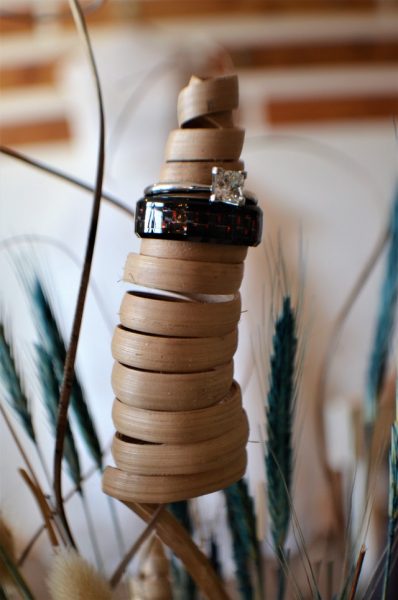
The idea of ethical luxury may seem like an elusive one, yet it is a movement that has existed for over a decade, with some scholars (such as Davies and colleagues, 2012) arguing that luxury and sustainability should always go hand in hand. Consumers are increasingly voicing their desire to support brands with an ethical heart: a recent report by Forbes stated that 88% of consumers want the brands they support to help them make a difference. Despite some critics arguing that ethical/sustainable considerations and luxury are mutually exclusive concepts, many more point out that luxury manufacturers have a wider gamut to choose from when it comes to everything from suppliers to packaging and transport. After all, these companies have the capital required to make investments in solar energy, water recycling systems, innovation, and more. They have the ability to set new standards, make new discoveries, and teach customers the importance of responsible consumption in unique ways.
Supporting Brilliance
One way in which luxury companies can show a commitment to communities and people of diverse socioeconomic backgrounds (i.e. not only their direct clients) is by fostering education and innovation. Rolex has done a brilliant job in this respect, with the Rolex Award for Enterprise giving substantial monetary prizes to innovators aged between 18 and 30 who are bringing about positive cultural or environmental change. Fashion designer Eileen Fisher, meanwhile, supports talented artisans and women via the Eileen Fisher Leadership Institute. These brands display an understanding of the importance of striking the balance between profit and giving back so that upcoming innovators can take the sector to new heights.
Embracing Fair Working Conditions
The diamond industry is a prime example of how luxury and ethics are complementary. Today, over 99% of diamonds are ethically sourced, thanks to films like Blood Diamond and certifications like the Kimberley Process (which only allows certified diamonds through international airports). Many jewelers actually go beyond paperwork requirements, refusing to source diamonds from conflict zones such as Zimbabwe. Others choose partnerships with mines known for their safe working conditions and fair pay for workers. Just a few companies that go the extra mile when it comes to diamond sourcing include Tiffany, De Beers, and Messika.
Investing In Innovation
Companies can prove their commitment to ethical, sustainable trade by investing in technologies required to create new products that significantly reduce the carbon footprint caused by their respective industries. Just one company that has been creating cruelty, free, recycled, organic fashion for decades is Stella McCartney. Not only does the company continually develop new, alternative materials via cutting-edge technologies, but it also regularly conducts audits and measures its environmental impact. It additionally encourages customers to play an active role in saving the environment via Clevercare: a labeling system that teaches buyers how to care for and extend the life of their garment’s through correct care. Other luxury brands that rely on natural and recycled materials are Eileen Fisher, Mara Hoffman, and Dôen (to name just a few).
Luxury and ethical, sustainable practices go hand in hand, with top companies having a plethora of choices when it comes to ways of making a positive change to the world. Luxury companies have the capital to invest in everything from new technologies right through to customer education. Rolex, Stella McCartney, and Tiffany are known as much for the quality of their wares as for their commitment to fostering positive change.

